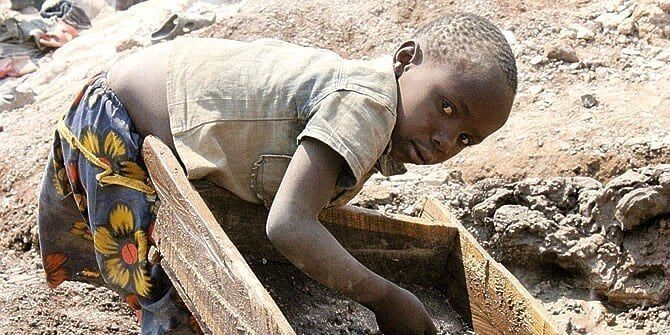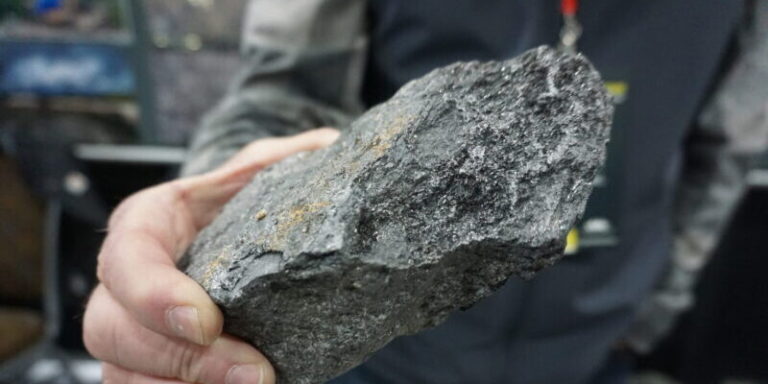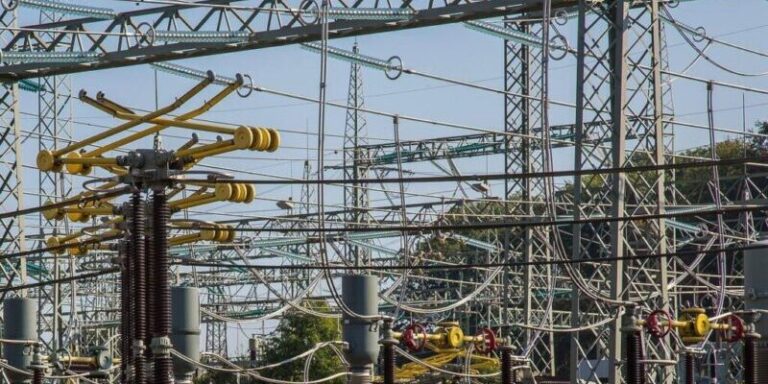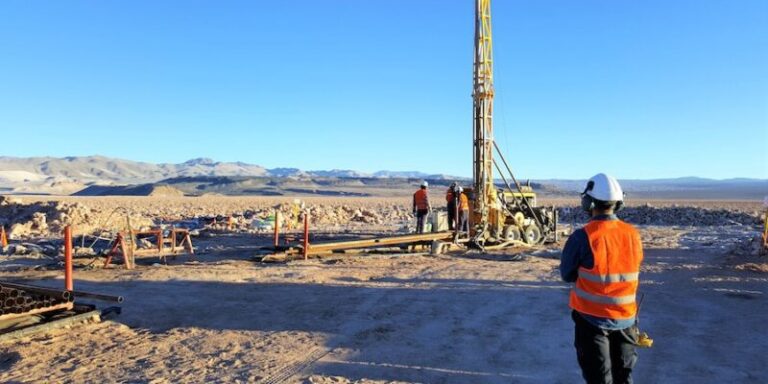
Amidst the escalating costs of living, numerous families are grappling with the daunting challenge of making ends meet, resulting in an alarming rise in hunger.
Tragically, the dire circumstances force children to enter the workforce and contribute to their family’s income, leading to a distressing dependence on child labor to meet basic needs like food, clothing, and school fees.
A recent research report titled “Improving Women’s Livelihoods to Eradicate Child Labor in the Cobalt Sector of the Democratic Republic of Congo,” conducted by IMPACT, sheds light on the pivotal role of women’s income in sustaining families. When mothers encounter hardships, their children are compelled to step in and assist.
In some cases, children are motivated by their parents, while others are influenced by their siblings, friends, or neighbors already engaged in work.
Complementing the report is a multimedia feature called “Meet Gloria,” which narrates the story of Gloria, an artisanal cobalt miner in the DRC who works alongside her children.
Joanne Lebert, the Executive Director of IMPACT, emphasized the need to prioritize children’s health, safety, and well-being.
Efforts to address child labor in the cobalt supply chain should not inadvertently push children into other mine sites or precarious situations but should instead tackle the root causes of child labor.
Artisanal cobalt mining presents the highest income opportunities for children and other community members, with children earning up to $2.50 USD each per day.
Typically, these children hand over their earnings to their mothers, who use the money for essential household needs such as food.
Despite the government’s promise of free education, parents still bear the burden of fees to cover teacher salaries and school operating costs.
Consequently, young children are expelled from school due to unpaid fees, leaving mothers with limited childcare options. Many mothers have no choice but to bring their young children to the mine site as they cannot leave them home alone.
“We heard from many mothers that they wished for a different life for their children, but they felt backed into a corner.
Artisanal cobalt mining has the potential to stimulate economic development for DRC and its communities.
However, we must invest in women artisanal cobalt miners to ensure they can provide for their families and realize this potential,” said Lebert.
Similar to their children, women in the region prefer artisanal cobalt mining as their source of income. It offers the highest earnings, provides daily cash, and requires minimal investment, training, or skills. Unfortunately, gender inequality persists at mine sites, with women often relegated to the lowest-paid roles, such as washing ore.
They also face exploitation concerning mineral prices and encounter restrictions in accessing certain mine sites.
To combat child labor, IMPACT’s research underscores the urgent need to increase the income of the primary breadwinners—the women. Women in the artisanal cobalt mining sector require:
- Skills and tools to assume higher-paid roles within mine sites.
- Support in terms of fair pricing, health and safety measures, and community savings.
- Inclusion in decision-making processes at home, mine sites, and within communities.
- Access to women-led organizations, including cooperatives or mining associations.
IMPACT advocates for investments in locally led women’s programs as essential complementary measures to responsible sourcing projects in the cobalt industry.
The soaring demand for cobalt, driven by its widespread use in electronics, including electric vehicle batteries, has made it a critical component in the clean energy transition.
Over 70 percent of cobalt is sourced from DRC, with approximately 30% attributed to artisanal miners.





